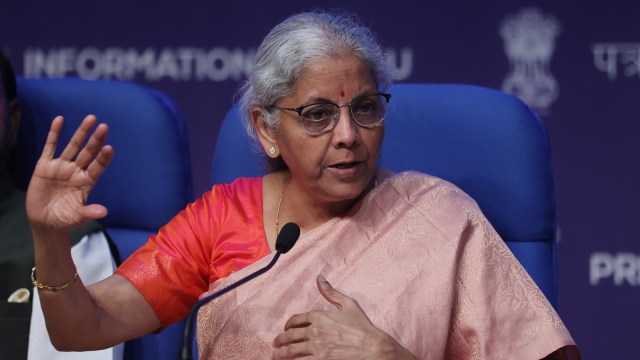
The Income-tax Bill, 2025, introduced in Lok Sabha last month, grants tax authorities explicit powers to access virtual digital spaces for tax investigations, including social media accounts, emails, and online banking or investment platforms.
Key Provisions of the Bill
-
Definition of Virtual Digital Space
- The bill defines it as “any digital realm that allows users to interact, communicate, and perform activities” through computer technology.
-
Enhanced Search and Seizure Powers
- The new bill expands Section 132 of the existing Income Tax Act, 1961, which already allows tax officers to seize books of accounts, documents, money, bullion, and other valuables.
- Now, tax authorities can override access codes of digital platforms and seize electronic records directly.
-
No New Additional Powers
- According to sources, these powers are not new but rather a clarification of existing provisions under Section 132.
-
Implications for Taxpayers
- Tax authorities can now demand access to password-protected digital data related to tax evasion.
- This includes computers, email servers, encrypted chats (WhatsApp, Telegram), and cloud storage.
-
Expected Implementation
- The bill is under Parliamentary review and, if passed, will come into effect on April 1, 2026.
The Income-tax Bill, 2025, aims to modernize India’s tax system by adapting to the digital age while ensuring stricter enforcement against tax evasion in virtual spaces.




0 Comments